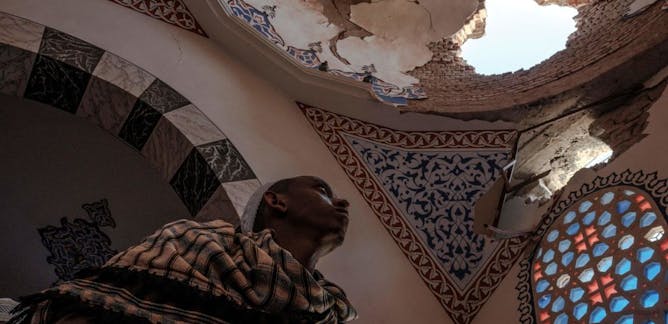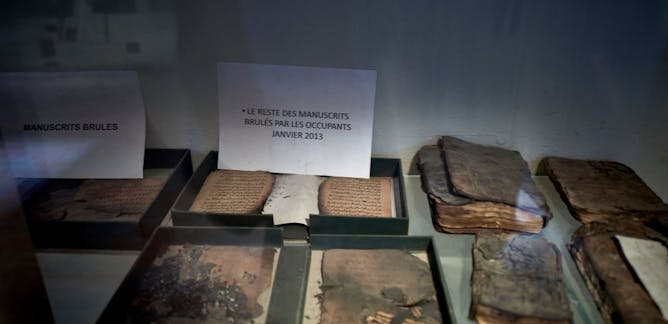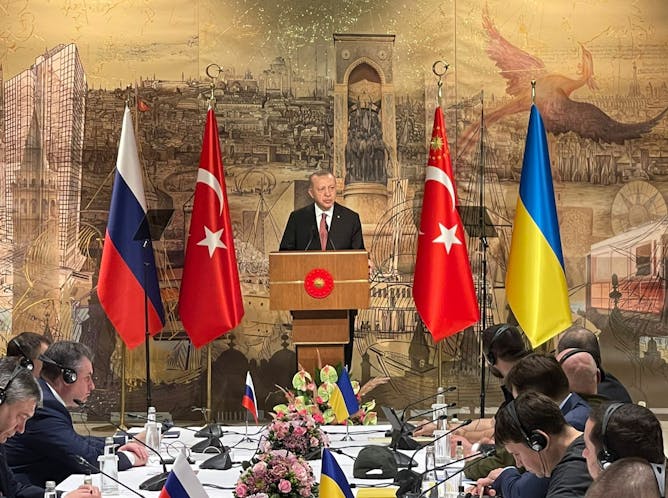|
Neglect and climate change are not the only threats to Africa’s astonishing treasure-houses of cultural and natural heritage. Religious and cultural sites are too often also the target of conflict in Africa - like the present-day destruction of historic churches in Tigray, Ethiopia, or the attacks on ancient mosques in Timbuktu, Mali in 2012.
Fortunately the drive to preserve these sites has not abated and scholars are at the forefront of preserving them. Charles Stewart shares the story of West Africa’s ancient manuscripts - such as those found in Timbuktu - and what he and other scholars and collectors have done to preserve them in digital form. Afolasade Adewumi explains how various conflicts that have caused huge losses to Africa’s cultural heritage
and provides a way forward on how it can be better protected. Researcher Hagos Abrha Abay sounds the alarm about the impact of war on Ethiopia’s extraordinarily rich and diverse heritage sites caught up in conflict.
|

Charles C. Stewart, University of Illinois at Urbana-Champaign
Opening these libraries up promises to re-balance the continent’s place in world history when it comes to its intellectual life.
|
|
|

Hagos Abrha Abay, University of Hamburg
Many of the artefacts Ethiopia is famous for are found in Tigray. Their continued destruction could lead to irreversible culture shock and social collapse.
| |

Afolasade A. Adewumi, University of Ibadan
Protecting the continent’s historical artefacts requires political will from governments – and a reawakening of cultural conscience among Africans.
|
|
|

Massimo D'Angelo, Loughborough University
If talks succeed in ending the violence, it would cement Turkey’s role as a key regional power broker.
|
|
|
-
Alexander Motyl, Rutgers University - Newark
When Russia invaded Ukraine, its leader was immediately labeled “fascist” by Ukrainians and others. A political scientist explains why that label fits.
-
Robert Cluley, University of Nottingham; Hafez Abdo, University of Nottingham
It’s evidence of political solidarity and a strengthening of ties between Ukraine and the EU.
-
Moses B. Khanyile, Stellenbosch University
The sanctions are likely to last beyond the current conflict. This may end up bringing about a solution to Africa’s desire to produce its own military hardware for its own use.
-
Olayinka Ajala, Leeds Beckett University
African countries’ decision to avoid condemning Russia for its invasion of Ukraine was not based only on issues directly connected to the conflict.
|
|

Irene Zempi, Nottingham Trent University; Amina Easat-Daas, De Montfort University
Ignorant assumptions about what the headscarf means fail to recognise how integral it can be to a woman’s identity.
|